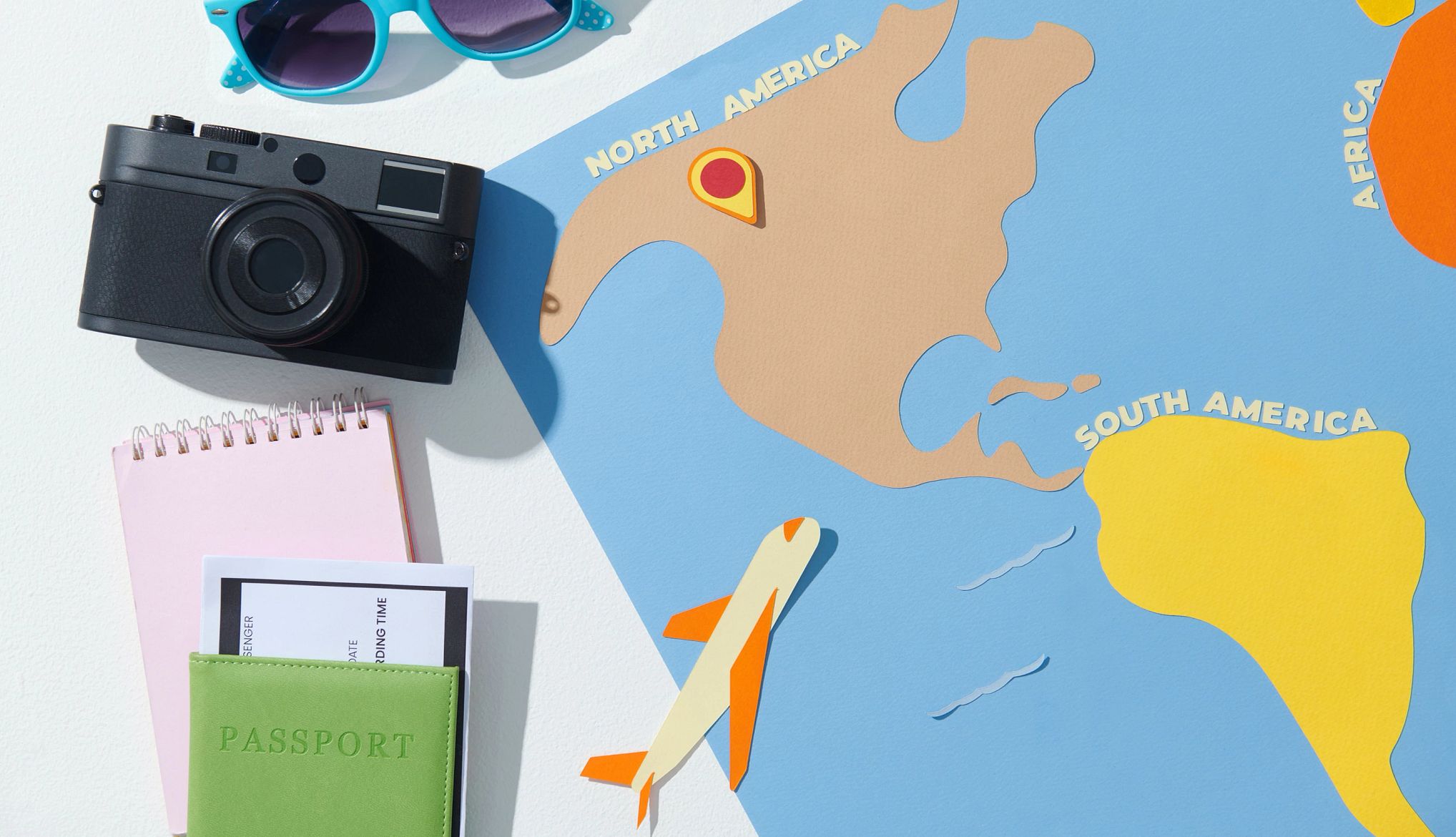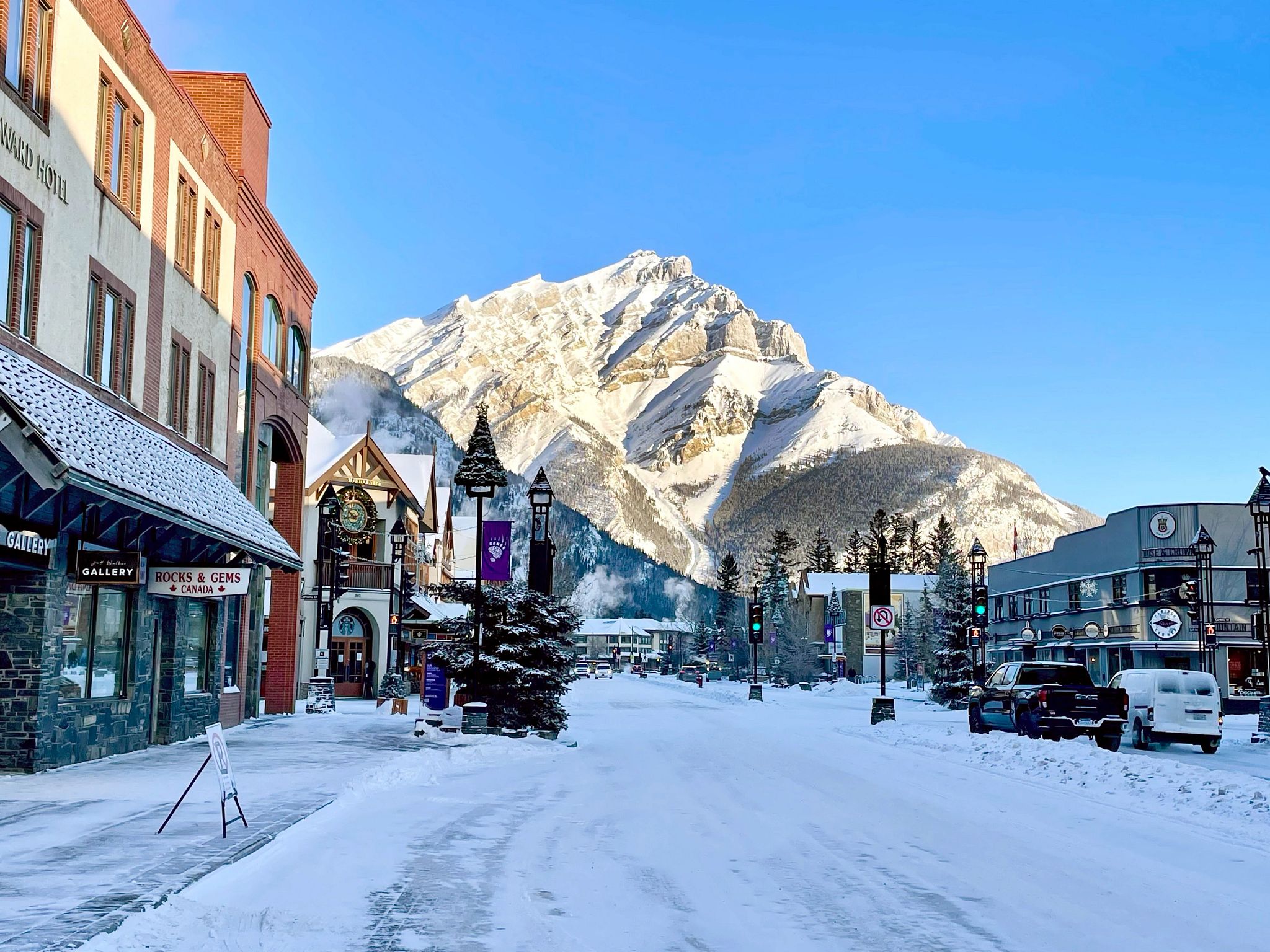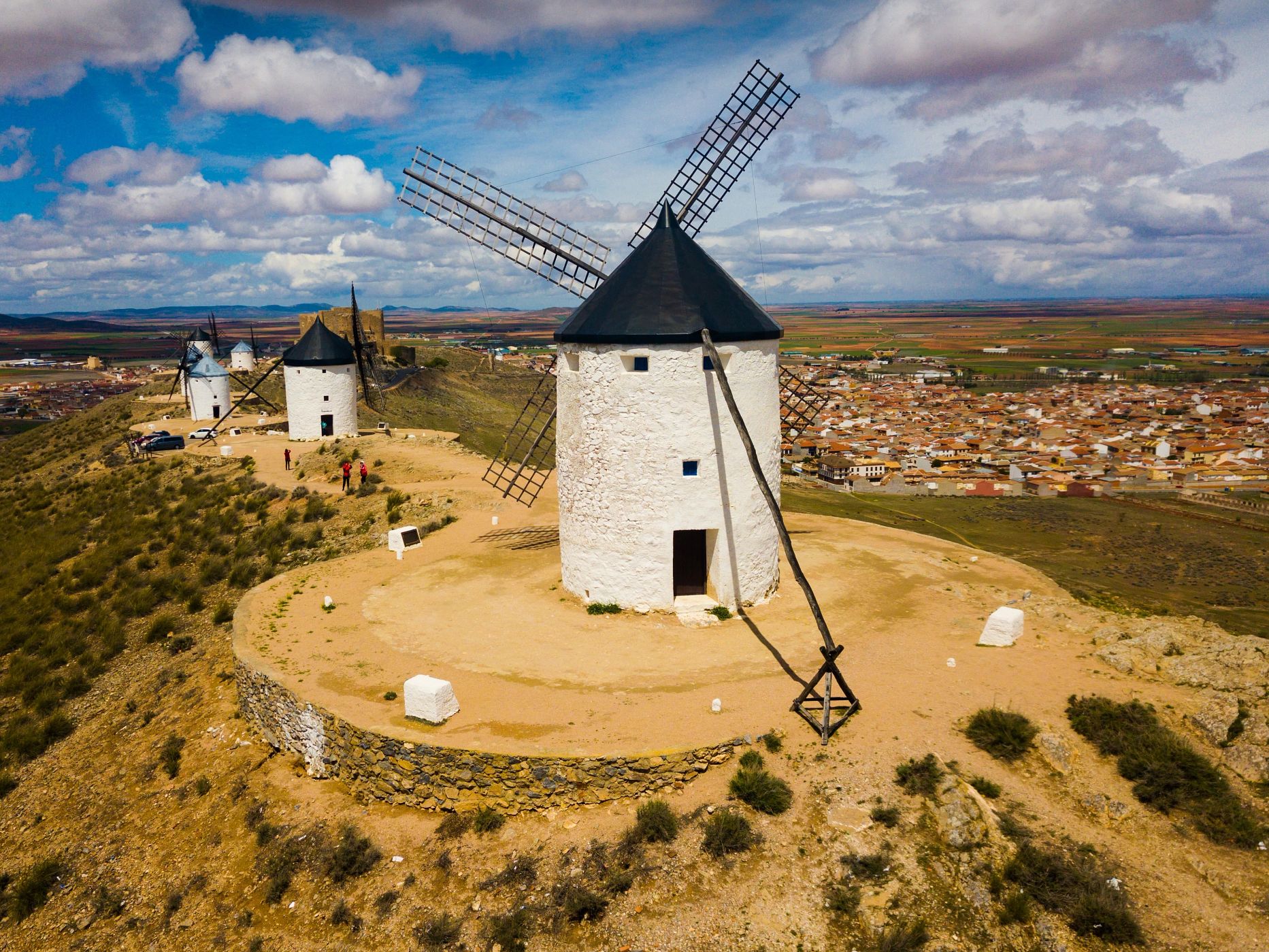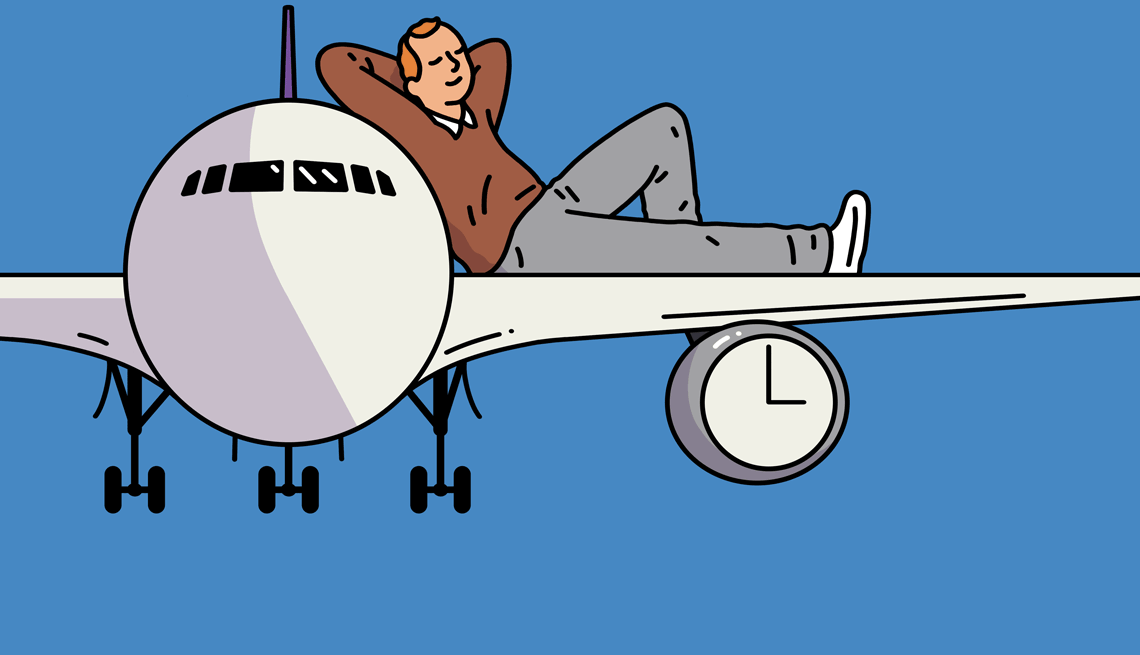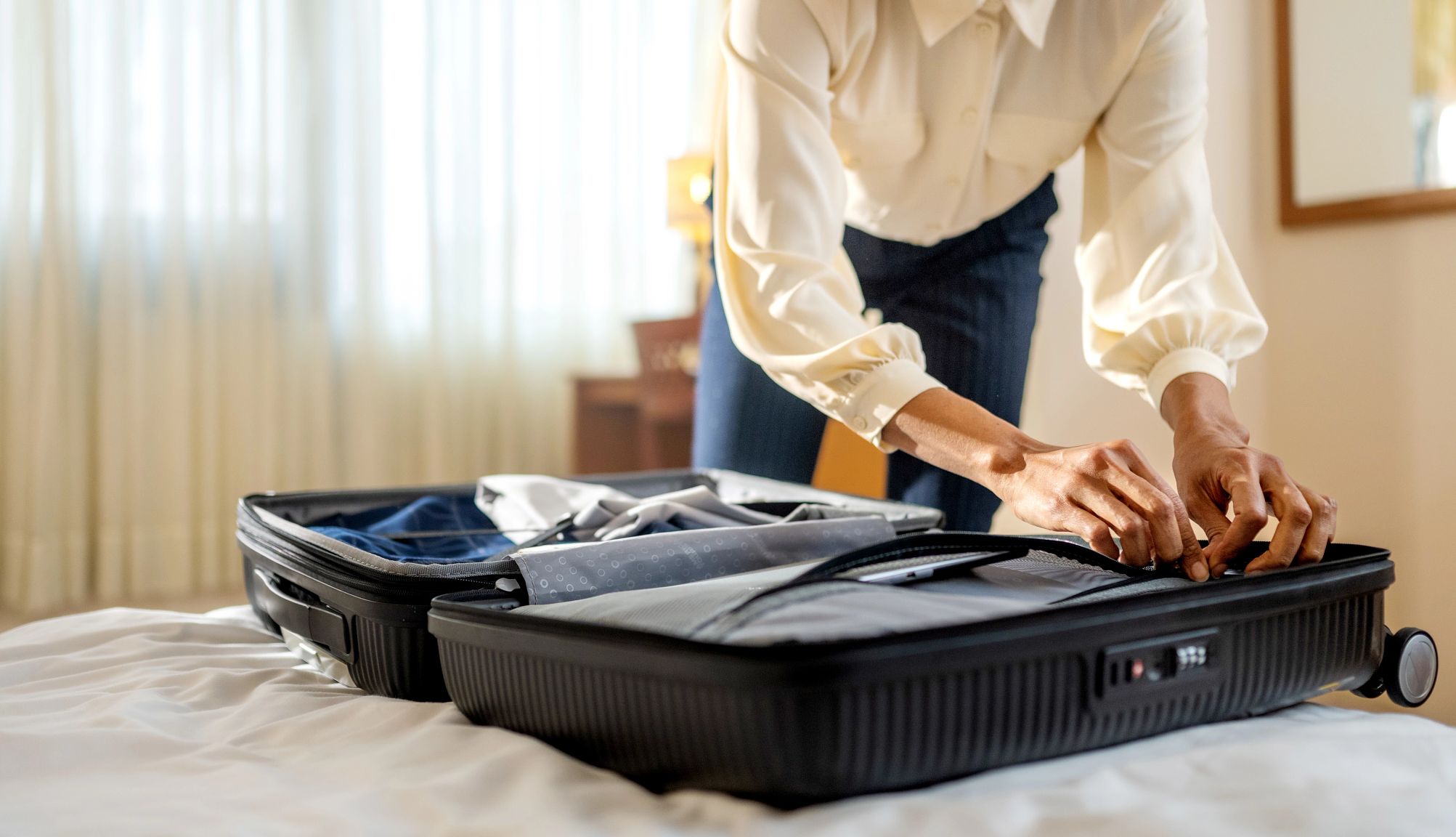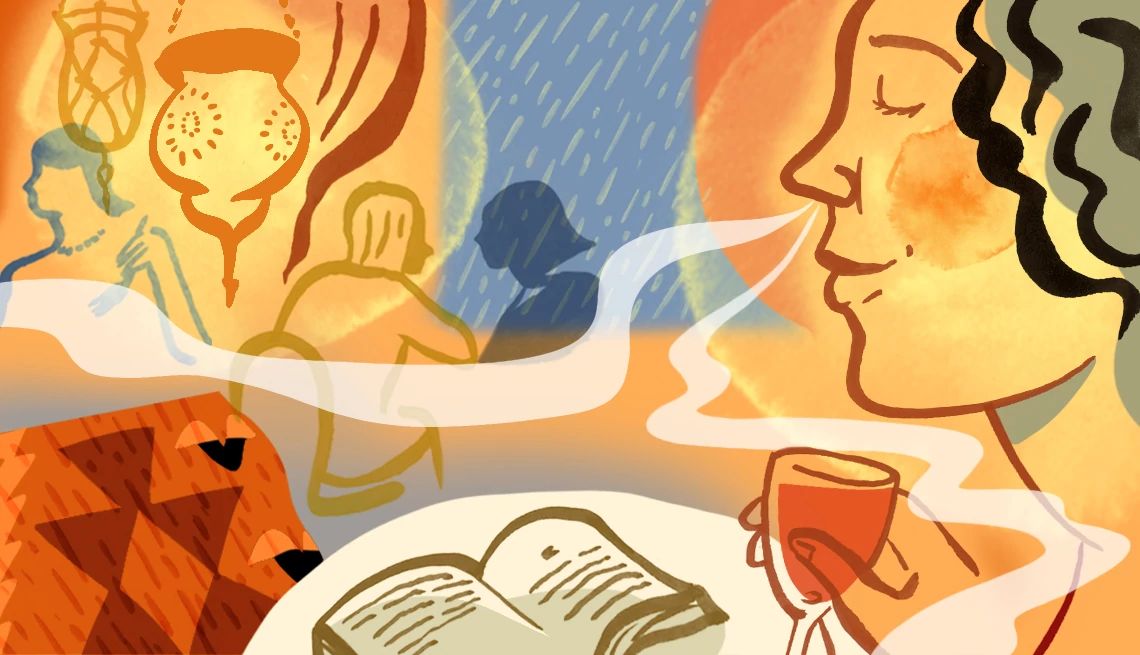AARP Hearing Center
Planning a vacation is exciting, but creating an itinerary can be overwhelming. A destination expert can streamline the process and even suggest experiences that may not have been on your radar, like hands-on cooking classes or cultural activities, that can enhance your trip.
Why use an expert?
According to AARP’s 2025 Travel Trends report, travelers 50-plus are increasingly open to expert guidance when planning travel. When introduced to the concept of curated trips – where an itinerary is tailored to your interests – 55 percent say they would be on board.
In the U.S., a traditional travel agent or travel adviser must have an IATA number (International Air Transport Association, a trade association of the world’s airlines) to book and issue airline tickets and earn commissions. Most destination experts do not book trips, but will provide suggestions on what to book.
Working with a travel expert means collaborating with someone who knows your destination inside and out. “By having a conversation with someone, we’re able to better get to know them, so we can tailor the [trip] tips to that person,” says Cameron Seagle, a travel expert with The Banff Blog, which helps travelers plan trips to the Canadian Rockies. “We bring a link with the local knowledge. We’re able to save a lot of headache.”
How destination experts help
Whether you’re unsure where to begin or already have a rough plan, an on-the-ground expert can provide valuable insights. Locals or long-time residents offer deep knowledge of a region, from cultural nuances to locals-only experiences.
Consultations usually take place face-to-face over video calls, where the expert can get to know your travel goals and provide customized suggestions. Their value lies in offering more than free resources. They provide guidance on how to manage your time, where to find specific wildlife or certain kinds of cheeses, and how best to structure the first day of your trip.
What’s one of the biggest advantages of a destination expert, especially for first-time visitors? These experts help travelers wrap their heads around the scale of a destination.

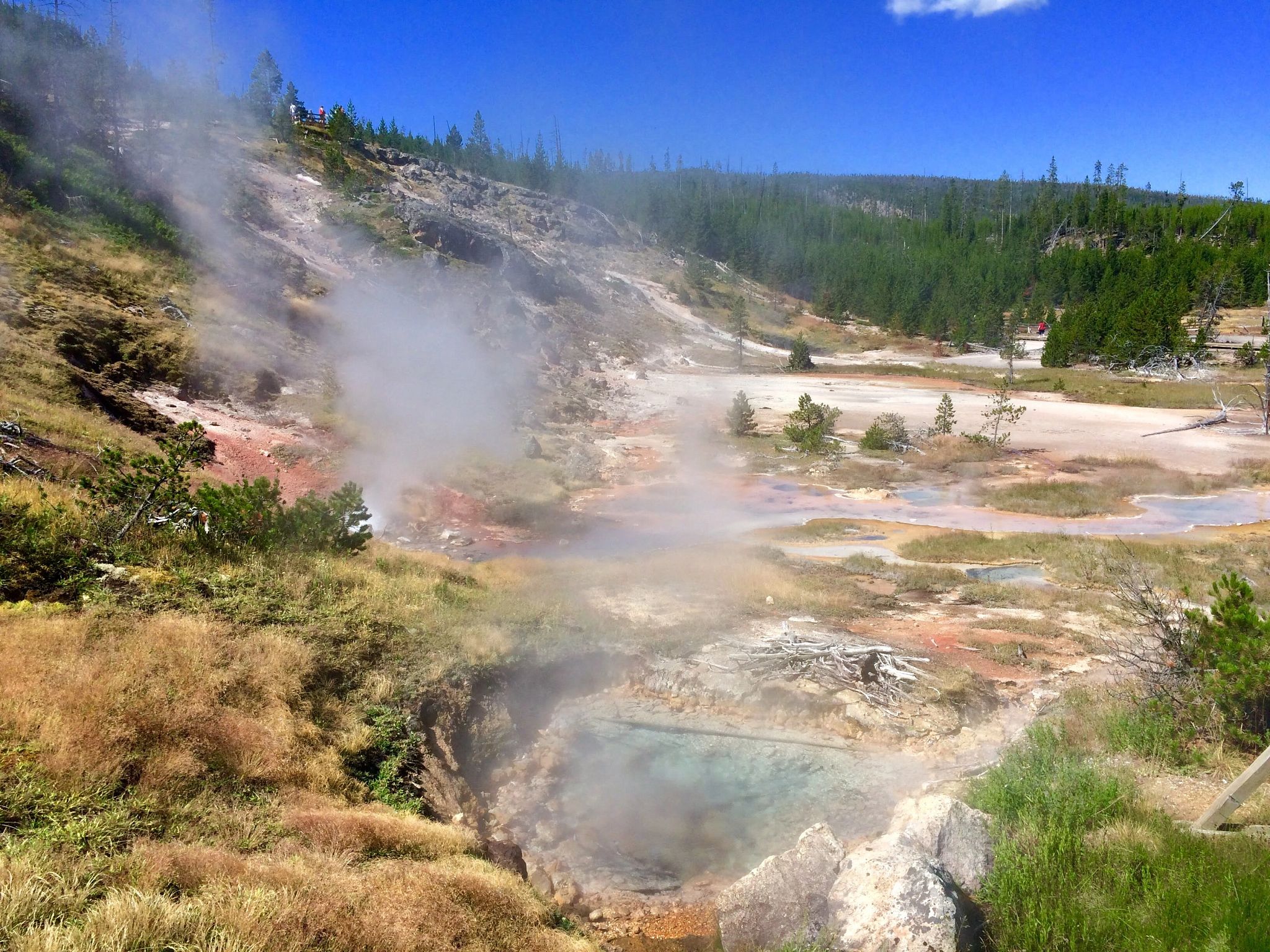
“If you don’t understand, sort of, the layout of the road system and also just how big it is, then a lot of people … don’t give themselves enough time, or they try to fit in too many things in a day,” says Melynda Harrison, founder of YellowstoneTrips.com, which offers online consultations for trips to Yellowstone National Park. For national parks and nature-focused trips, these destination advisers can help navigate permit requirements, trail conditions, and seasonal considerations.

































































